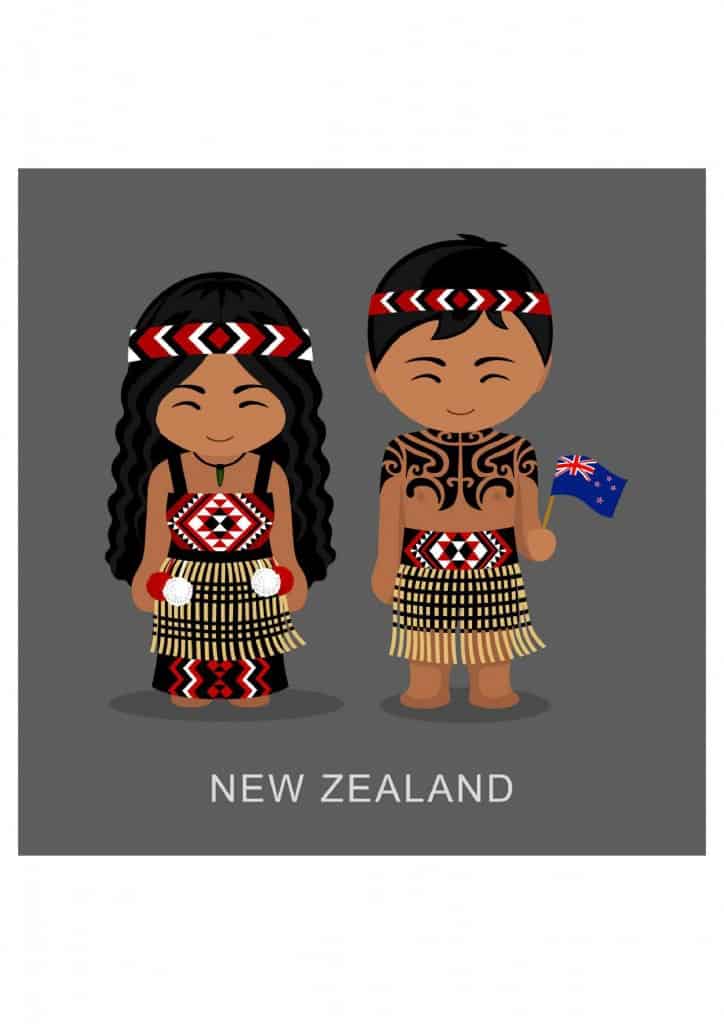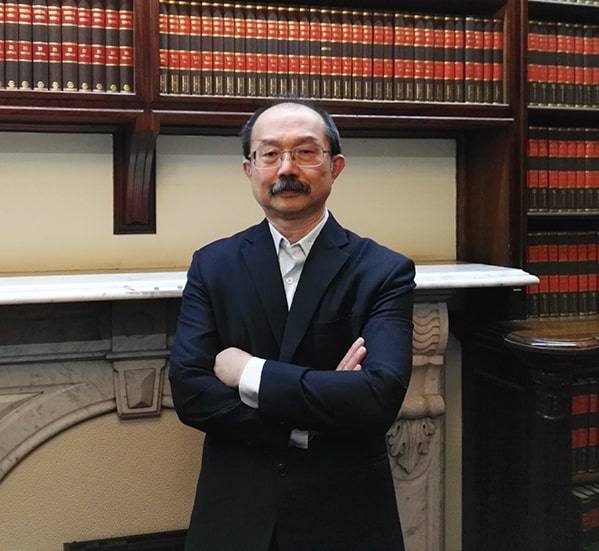
Subclass 461 NZ Family or NZ Citizen Family Relationship (Temporary) Class UP Subclass 461 visa: All you need to know about this visa
Subclass 461 NZ Family visa is for a person who is not a NZ citizen but has recently became a member, for example, marrying a NZ citizen, of a NZ citizen living in Australia on a SCV 444 visa (click here to learn more or click here to learn how a NZ citizen could become an Australia permanent resident).
However, you must not be an eligible NZ citizen. An eligible NZ citizen is a person who is a ‘protected SCV holder’ defined under the Social Security Act 1991 as a NZ citizen who arrived in Australia on a NZ passport and were in Australia on 26 February 2001 or were in Australia for at least 12 months in the 2 years immediately before 26 February 2001 or assessed as protected SCV holders before 26 February 2004. If you are an eligible NZ citizen, you can sponsor your relative for another visa, for eg, Partner visa (click here to learn more about onshore Partner visa Subclass 820 or offshore Partner visa Subclass 309).
If you are a NZ citizen holding a SCV 444 visa, your non-NZ citizen partner and dependent children can apply for a Subclass 461 NZ Family visa to live and work in Australia.
Subclass 461 NZ Family visa cannot be applied for on arrival. This visa can only be applied outside of Australia unless they are holding another temporary visa, other than Subclass 403 visa under the Domestic Worker steam (click here to learn more) and Subclass 426 visa.
When applying for Subclass 461 NZ Family visa, the Department of Immigration (Department of Home Affairs) will need to be satisfied that your relationship with your partner (spouse or de facto) is genuine and continuing. Similarly, dependent family members will be assessed for dependency.

Relationship breakdown
If your partner has been granted the Subclass 461 NZ Family visa and your relationship has broken down, your partner’s visa will not be cancelled, and they are allowed to apply for further visa. Your partner is allowed to remain in Australia provided your partner does not leave Australia and has not become a member of another person’s family unit, for example, is not a partner of another person who does not hold a SCV 444 visa.
Even if your partner has become a member of another person’s family unit who does not hold a SCV 444 visa, there is no ground to cancel your partner’s Subclass 461 NZ Family visa, but they will not be able to apply for a further NZ Family visa. As this visa is valid for 5 year, they must apply for another substantive visa, or he or she will become an unlawful non-citizen and liable for deportation if detained.
Furthermore, if your relationship with your partner has ceased and your partner has departed Australia while holding a Subclass 461 NZ Family visa, the rollover provision allows him or her to apply for another NZ Family visa if he or she has not re-partnered and is able to demonstrate having ongoing ties with Australia. However, your partner must have been in Australia for at least 2 years in the last 5 years. Their application will be assessed against the criteria for a RRV 155 visa (click here to learn more).
If you have dependent children under 18 from your previous relationship, they can apply for the NZ Family visa as the Department of Immigration will automatically accept their dependency on you.
You are not required to provide Assurance of Support for your family members who have applied for Subclass 461 NZ Family visas (click here to learn more about Assurance of Support). They will be required to maintain health insurance equivalent to Medicare cover.
You can only apply for a Subclass 461 NZ Family visa by lodging a paper application (form 147). If you are in Australia you must mail the application to: NZ Family Relationship visa application, GPO Box 9984 Sydney NSW 2001. If you are outside Australia, you must lodge the application with VFS Global or the Australian Embassy.
You can apply for Subclass 461 NZ Family visa even if you do not hold a substantive visa because when you apply for this visa, you are also applying for a Bridging Visa A, C or E.
Australian migration law is complex and difficult to understand, contact our immigration lawyer for a consultation (fee applies) to help you decide if you can apply for this visa (click here to find out how an immigration lawyer or registered migration agent can help you) or click here to learn more. You may also refer to our FAQs for answers regarding visa application or visa cancellation by clicking here.


041 222 4020 or WeChat: AUDvisa
This article is not intended to be or taken as migration legal advice. The author of this article disclaims any liability for any action or omission on the information provided or not provided in this article. You should always consult an immigration lawyer or a registered migration agent to form an informed opinion on your immigration matter.



